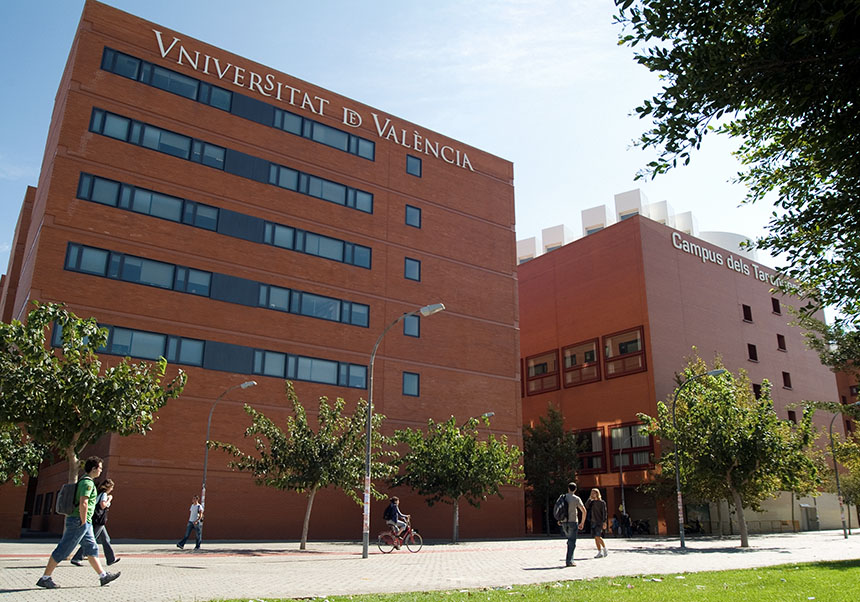First Conference on measuring and tackling homelessness in the city of Valencia
- Office of the Principal
- October 26th, 2020
In the conferences, the first results of the study conducted by the Faculty of Social Sciences and the Valencia City Council among other several social entities are presented. It undertakes research about the total number of homeless people in the “cap i casal” (head and house, a synonym for València) and it shows the heterogeneous reality of this collective.
From 26 to 27 October, the first Conference on measuring and tackling homelessness is going to take place on-site in the city of Valencia. It is organized by the Faculty of Social Sciences, the Welfare and Social Services section of the Valencia City Council and numerous social entities such as Cepaim, Casa Caridad, Associació Natania, Bokatas ONG, Missió Evangèlica Urbana, Rais, Fundació Salut i Comunitat, Comité Ciutadà Antisida, Caritas, Metges del Món, Accem, the Spanish Red Cross, Sant Joan de Déu.
The conference is intended to emphasize the university’s social responsibility by exposing the first diagnose of the nocturnal recount of homelessness in the city of València. Therefore, this is progress in the convergence of social demands with the social entities, the administration and the university moving forward to a cooperative work where the student body, users, professionals and the faculty can share common objectives to approach collectively the needs of the next reality.
The conference counts on presentations about the experience in other cities in the nocturnal recounts, as well as professional experts in social intervention from València that have participated actively in the development of the first diagnose. Moreover, the student body of Social Work took part by means of service-learning methodology.
The opening of the conference took place in the assembly hall of the Faculty of Social Sciences. It was led by the principal of the Universitat de València, M.ª Vicenta Mestre; the principal of the Faculty of Social Sciences, Albert Moncusí; and the director of the department of Social Work and Social Services, Fran Ródenas.
‘The principal, M.ª Vicenta Mestre, first highlighted in her speech “how important it is that students –the professionals of tomorrow– get to know this quandary and that they make themselves involved in it since, sadly, it is getting aggravated due to COVID-19, just like the homeless people problem’. Furthermore, the principal added that ‘a society which intends to consider itself an advanced society, like ours, has to face this social problem to not let anyone back but without stigmatizations, nor stereotyped classifications. It is a responsibility of the whole society’.
The dean, Albert Moncusí, pointed out that ‘despite appearances, homeless people are not alone. They can rely on hour help so that all of us (social entities, the Valencia City Council and the Universitat de València) are able to become aware about their reality and diagnose it. Hence, some solutions might be found in order to improve their quality of life. Because nowadays, and even more so due to the coronavirus pandemic, having a home is more necessary than ever, since it is a safe space'.
‘It is of utmost importance uniting synergies between social entities and universities. For instance, due to this, the external practices of our students can take place. It should be noted that these are significantly needed so that our student body can obtain a proper education and show our present day reality. Hence, we would like to express our gratitude to these entities for facilitating us the practices’, stated the department’s director, Fran Ródenas.
Finally, from the social entities, Yolanda Polo, social expert from the Comitè Antisida (València), an organization which fights HIV/AIDS, noted that ‘we want to make visible that the homelessness problem is multifactorial. Actually, anyone could be drawn into a situation of homelessness. Therefore, it is of vital importance that we raise awareness about the complexity that surrounds these people and to change our point of view about it’.
















